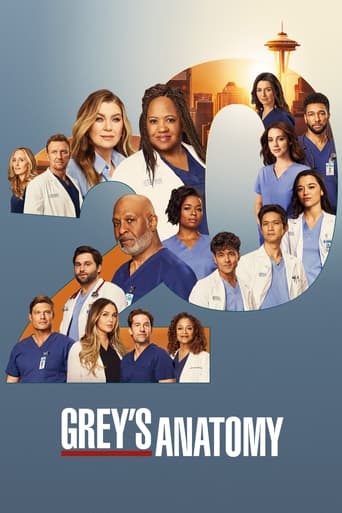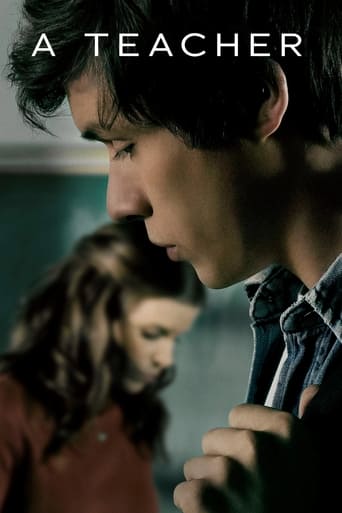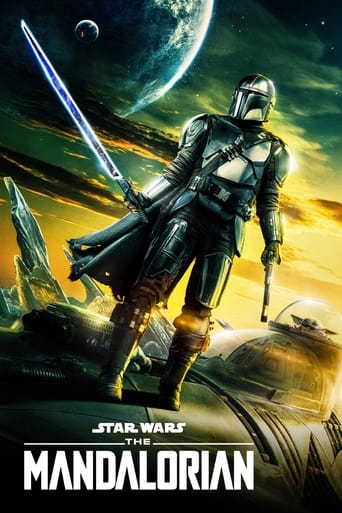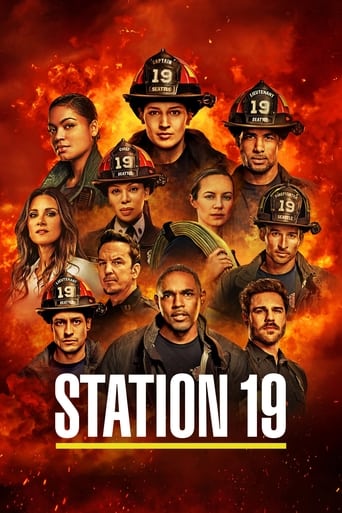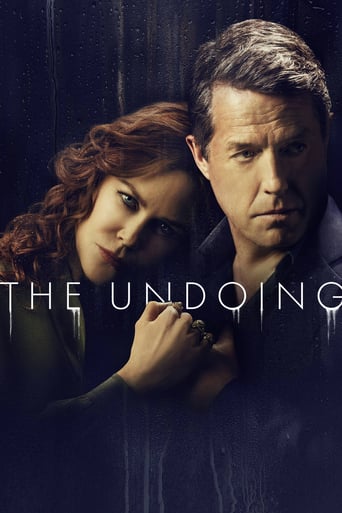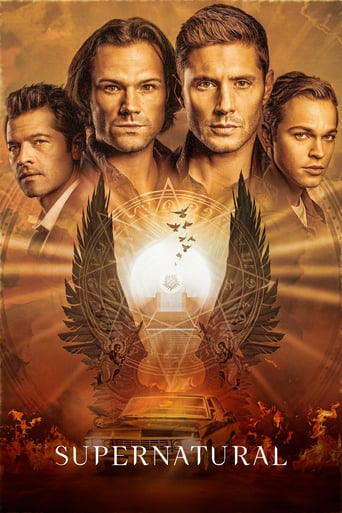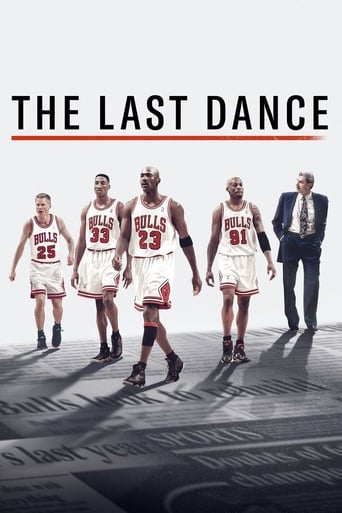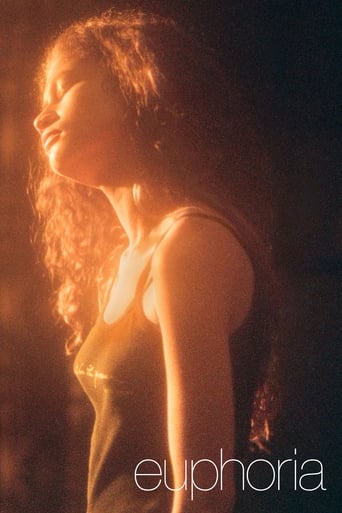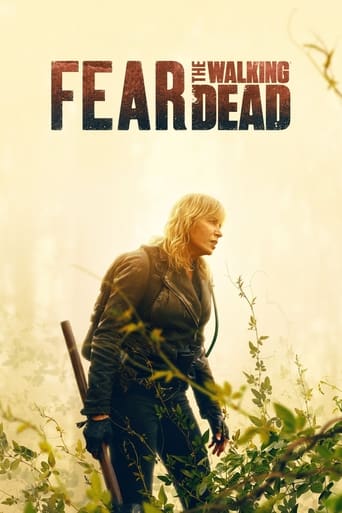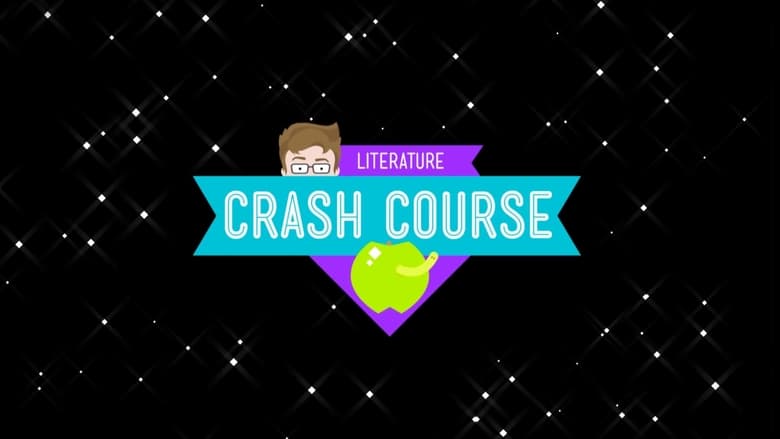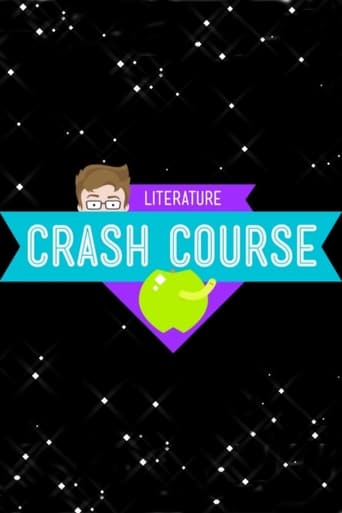
In 12 episodes, John Green is back to talk about books. That’s right, more Crash Course Literature! The analyses and books chosen in this course are based on introductory college-level curriculum and the AP Literature guidelines. By the end of this course, you will be able to: *Use characters and setting to explore a range of values, beliefs, assumptions, biases, and cultural norms *Discuss the role of the narrator and how their perspective affects how readers experience and interpret a text *Recognize comparisons, representations, and associations that invite readers to interpret a text *Explain the function of significant events in a plot, as well as the contributions of structure, sequence, contrast, and conflict *Employ different lenses and focal points to read a text multiple ways and recognize the glorious ambiguity of literature *Question the notion of genre and place, in particular dystopias, and their impact on free will and politics
Seasons




Similar titles
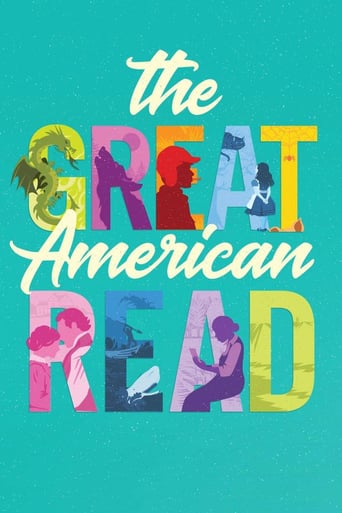
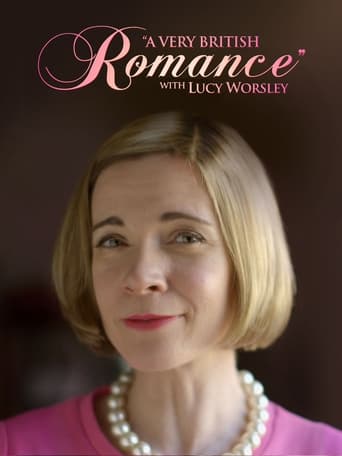
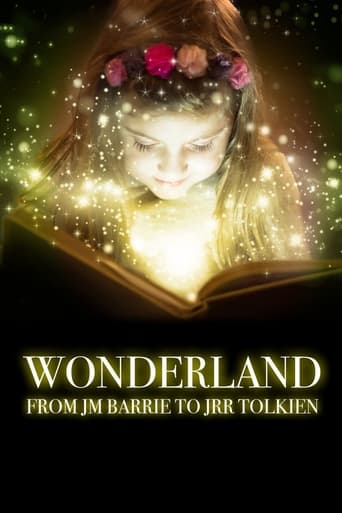
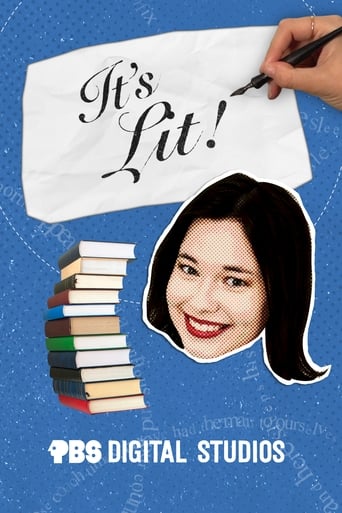
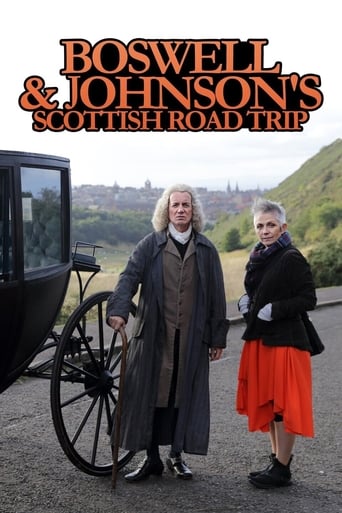
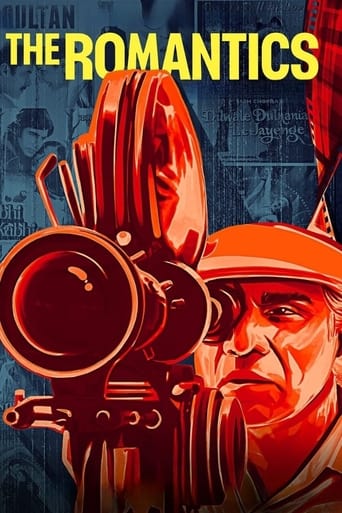
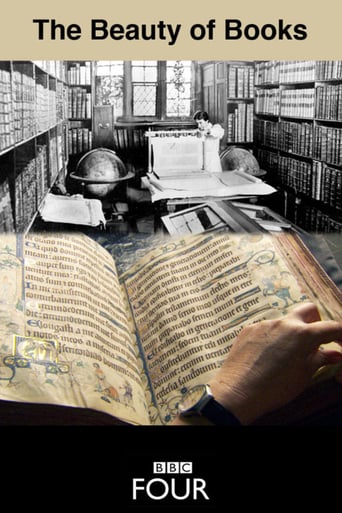
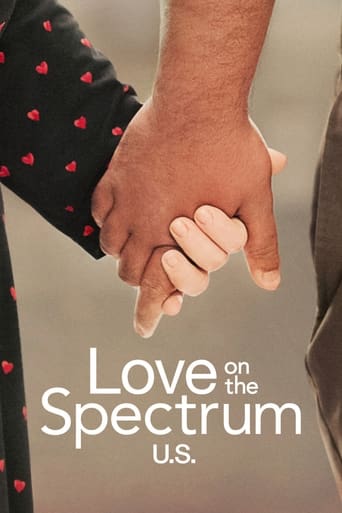
Top Streaming TV Show
